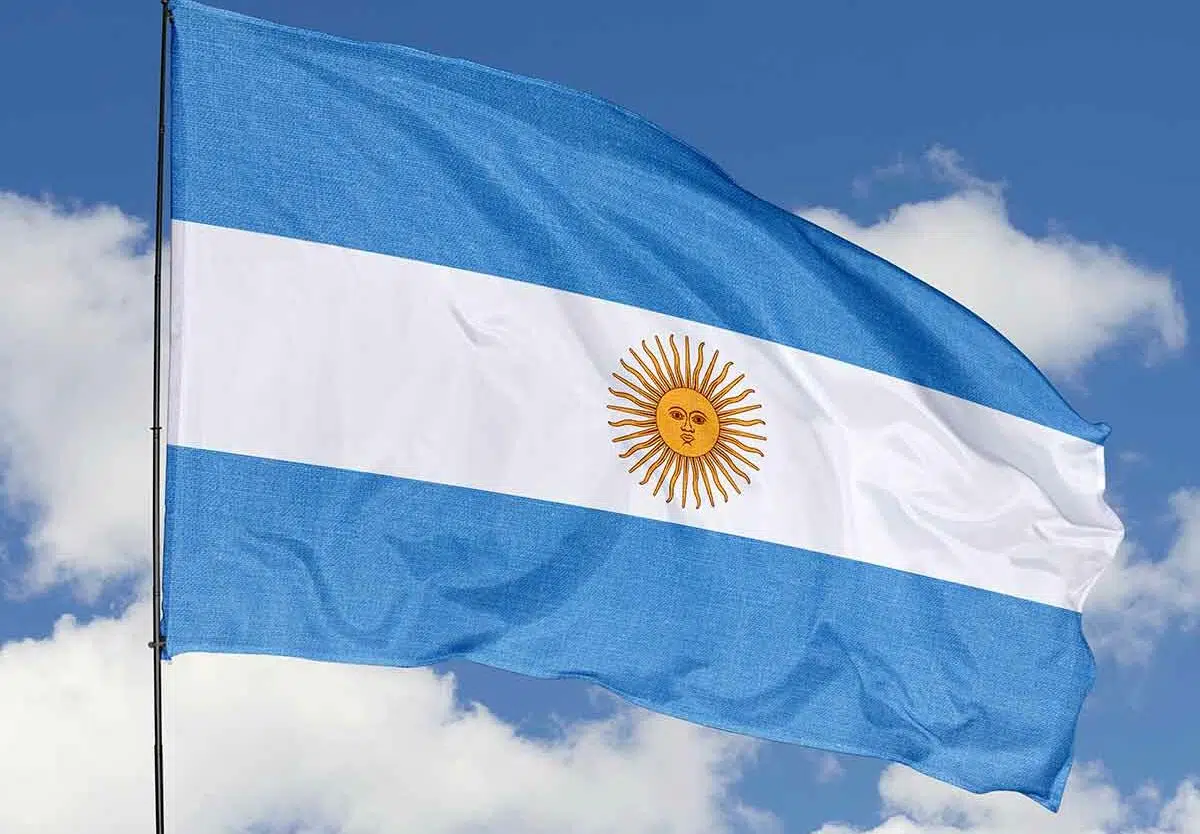Argentina’s inflation rate slowed dramatically in May, offering a rare moment of economic relief in a country long battered by soaring prices. Monthly inflation fell to just 1.5 percent—the lowest level recorded in five years—according to new data released Thursday by the INDEC statistics agency. That marks a notable drop from April’s 2.8 percent figure.
On a broader scale, annual inflation now stands at 43.5 percent. While still among the highest in the world, it’s a steep fall from the staggering 211 percent seen at the close of 2023.
The turnaround is a key talking point for President Javier Milei, the libertarian firebrand who swept into office in December 2023, famously brandishing a chainsaw to symbolize his aggressive agenda of slashing government spending and uprooting entrenched economic dysfunction.
Under Milei, Argentina posted its first budget surplus in over a decade—a milestone in fiscal correction. But the shift has come at a steep price: consumer spending has collapsed, jobs have vanished, and purchasing power continues to erode for millions.
Read also: Brazil, Argentina Move To Establish Common Currency
For now, the government is touting the cooling inflation as a sign that its bitter economic medicine may be working. But on the streets, many Argentines are still waiting to feel the promised recovery in their daily lives.
Argentina’s battle against inflation showed fresh signs of progress in May, though price pressures persist in key sectors. According to INDEC, the most significant monthly increases were seen in communications, which surged by 4.0 percent, followed by restaurants and hotels (3.0 percent), and health services (2.7 percent).
In contrast, transport costs registered the most modest rise at just 0.4 percent, while prices for food and non-alcoholic beverages—often the most politically sensitive category—rose by only 0.5 percent, offering a sliver of relief for households.
These figures arrive on the heels of a substantial financial boost from the International Monetary Fund. In April, Argentina received the first $12 billion installment of a new $20 billion loan designed to back what the IMF describes as a “comprehensive economic program.” The plan, coordinated with President Javier Milei’s administration, aims to restore macroeconomic stability, reduce inflation, and rein in decades of fiscal mismanagement.
While May’s numbers indicate the government may be regaining some control over spiraling prices, the challenge now is sustaining that momentum—without deepening the social costs already straining Argentina’s most vulnerable populations.

